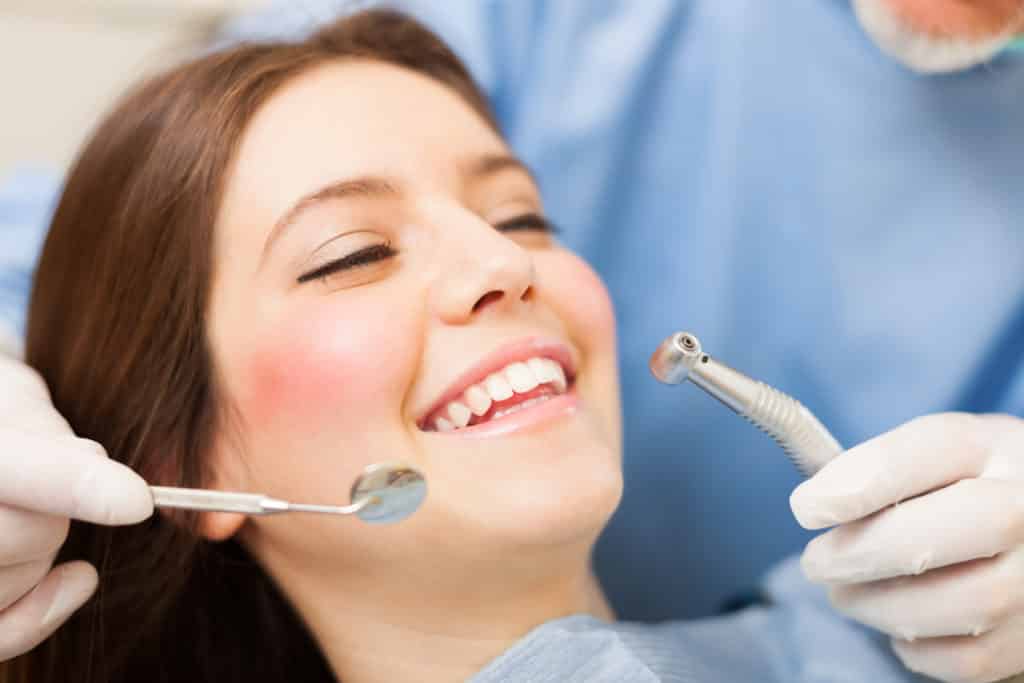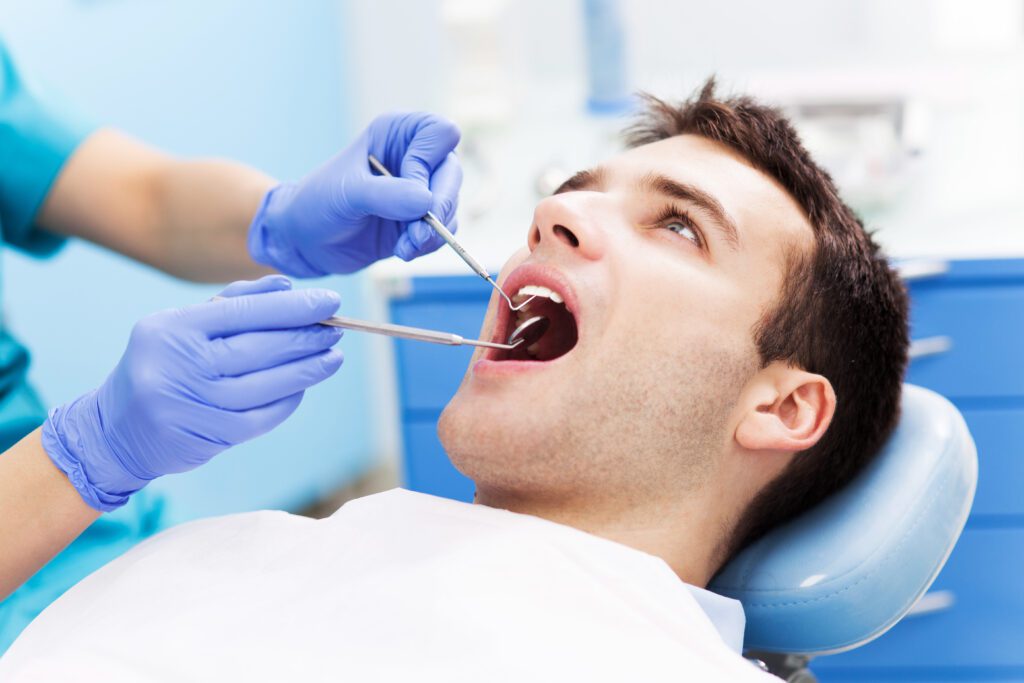After what seems like an endless amount of time, the day of getting your braces off is a glorious one. After all the wires, painful adjustments, rubber bands, and everything else that comes with having braces, you probably don’t even want to think about continuing your orthodontic journey with a retainer.
Although braces can transform your teeth, many people still need to wear a retainer after the braces are removed to ensure that the time and effort spent on straightening doesn’t go to waste.

The Consequence of Not Wearing Retainer After Braces
Teeth movement is a natural process that everyone experiences. If you’ve had braces, you know this firsthand from the constant movement of your teeth over several months, or even years.
The brackets and wires of braces keep your teeth in place while they are on the teeth, but once the hardware comes off, your teeth are free to move again. There most likely won’t be significant movement right away, but overtime those tiny movements can add up to drastically change the appearance of your smile.
Having a beautiful smile is something that everybody wants but it can be difficult to achieve on their own. Whether it is getting braces, invisalign, dental implants, or wearing a retainer, dentists and orthodontists are able to help patients achieve their desired results.
To ensure your new smile stays perfect, orthodontists often give instructions to wear a retainer after braces. If you don’t follow these instructions, your teeth may shift back to their original placement. Not wearing a retainer for even just a couple weeks or months after braces removal can cause your teeth to shift and your retainer won’t fit anymore.
This movement of the teeth can lead to needing orthodontic intervention again within a few years.
The Purpose of Retainers
Retainers hold teeth in the correct position that came because of the braces while the surrounding tissue and gums get used to the new alignment. For the first few months after braces removal, it is recommended that you wear your retainer all the time, meaning night and day. This can be a little annoying but this gives patients the best chance of keeping their new smile.
The length of time required to keep retainers in around the clock can vary depending on the individual, so make sure you follow the plan your orthodontist has laid out for you. Doing this will give you the ability to achieve a perfect long-lasting smile.
Do You Have to Wear a Retainer Forever?
The amount of time you need to wear a retainer after braces depends on the type of retainer your orthodontist gave you, along with the progress of your teeth.
For those with a bonded and permanent retainer, you’ll be wearing your retainer 24/7. This makes it simple to never forget to put your retainer in, but there are some disadvantages to having a permanent retainer that orthodontists want to avoid.
Over 58 percent of orthodontists prefer to prescribe a removable retainer after braces. Most orthodontists can agree that a removable retainer should be in constantly for the first 4 to 6 months after braces are removed, except for during mealtimes and cleanings.
After several months, patients can usually wear their retainer at night when they go to bed. The key to keeping that great smile is to follow your orthodontist’s specific instructions. You will probably always need to wear a retainer to avoid teeth movement, but you may need to get it adjusted after several years.

How to Care for Your Retainer
Not only is wearing your retainer after braces important, keeping your retainer clean will improve your dental hygiene long term. There are different techniques for cleaning removable vs permanent retainers that one should pay attention to.
For Permanent Retainers:
Brush Your Teeth
Regular brushing is essential for maintaining a clean retainer and mouth. Brushing your teeth removes any food and bacteria that has accumulated in your mouth, and provides a clean base to complete your dental hygiene routine. Brushing your teeth is also vital to avoiding intense dental treatments that are necessary due to neglecting teeth for a long period of time.
Thoroughly Floss
Don’t forget to floss. The permanent retainer is usually glued across the back of your front six teeth, which means that regular flossing won’t work. Without flossing, you’re at risk of plaque and tartar buildup, gum disease, and cavities.
There are different tools that can help you floss under and above a permanent retainer. Floss threaders are great for getting floss above the retainer and direct the floss to where you need it to go. Water flossers are also great for using water pressure to get in between teeth and behind retainers.
Visit Your Dentist
Another major way to keep a permanent retainer clean is to schedule regular professional teeth cleanings. Your dental hygienist is able to provide a deep cleaning and remove any hard bacterial buildup that you can’t get on your own.

For Removable Retainers:
Store Your Retainer Well
Keep your retainer case clean by following your orthodontist’s suggestions, which might involve brushing it out regularly. Always put your retainer in the case when it’s not in your mouth, and keep the case with you so you don’t lose it.
Clean Your Retainer Regularly
Orthodontists often prescribed cleaning methods might involve soaking your retainer in denture-cleaning products and brushing it everyday.
Make sure that you take your retainer out when you eat meals to avoid getting food stuck in it. Along with that, avoid drinking beverages other than water when your retainer is in. Other beverages can get caught between your teeth and retainer, which overtime will lead to decay.
Protect Your Retainer
Keep your retainer away from heat and pets. Extreme heat can cause your retainer to become moldable and won’t fit your teeth as well as it did. Obviously, pets can demolish your retainer if you leave it in a spot where they can find it. This is why it’s so important to only store your retainer in its case.
Always remember that it is worth it to wear your retainer after braces and take care of your teeth consistently. Doing so will help you avoid more invasive treatments later in life.
